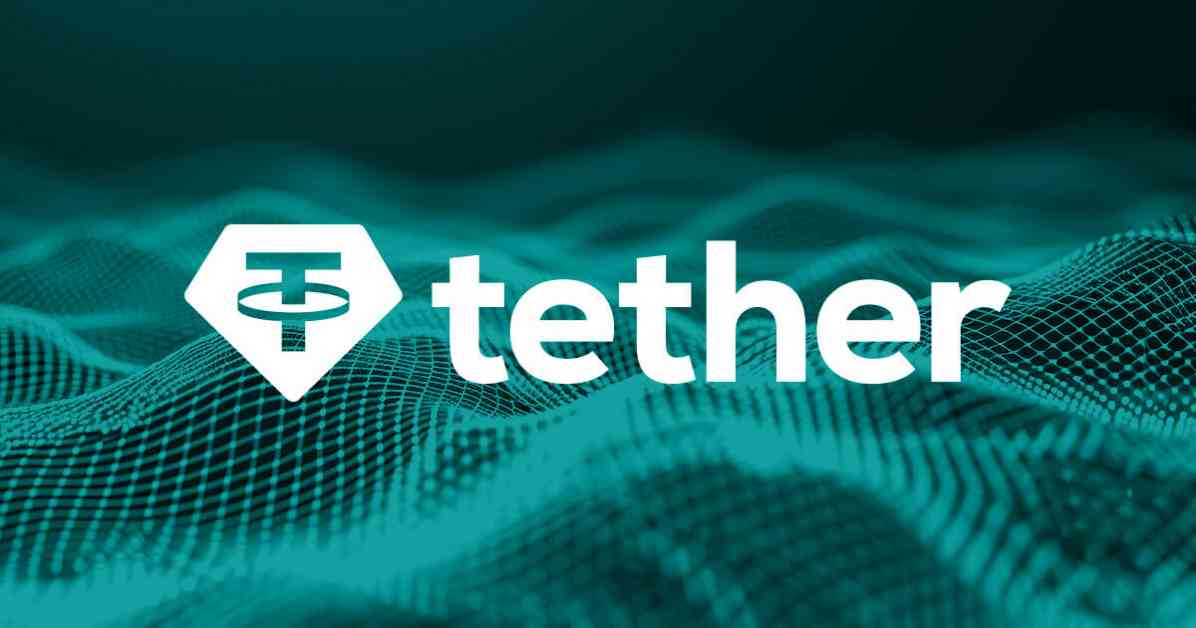Tether, a leading stablecoin issuer, is taking steps to enhance its government relations after the UK designated its USDT stablecoin as a distinct form of property. This move signals a significant milestone for Tether as it aims to strengthen its regulatory compliance and engagement with authorities worldwide.
Tether’s Strategic Hire
In a bid to bolster its relationship with regulators, Tether recently announced the appointment of Jesse Spiro to lead its global engagement efforts with lawmakers, regulators, and key stakeholders. Spiro brings a wealth of experience in the legislative and regulatory field, having previously served as PayPal’s Head of Regulatory Relations for its Blockchain and Digital Currencies division, as well as Chief Government Affairs Officer at Chainalysis, a prominent blockchain analytics firm.
In a statement, Tether emphasized the importance of Spiro’s role in advancing the company’s goal of building a “future-proof financial and technological ecosystem.” Spiro himself highlighted the critical role that Tether plays in the digital economy and the overarching framework of US dollar hegemony. He underscored the necessity for strong collaboration between the public and private sectors amidst the ever-changing legislative and regulatory landscape.
Regulatory Progress and Transparency
Tether’s decision to hire Spiro comes at a time when the company is actively working to address regulatory concerns surrounding its USDT stablecoin. Over the years, Tether has faced scrutiny regarding the reserves backing its stablecoin, with questions raised about the transparency and legitimacy of its operations.
Despite these challenges, Tether has made significant strides in promoting transparency and regulatory compliance by consistently publishing quarterly attestation reports. These reports serve to reassure stakeholders and regulators about the integrity of Tether’s operations and the backing of its stablecoin.
Tether CEO Paolo Ardoino acknowledged the importance of Spiro’s expertise in government relations and blockchain technology, stating that it would be invaluable in navigating the complex and rapidly evolving regulatory environment. The company’s proactive approach to engaging with regulators and addressing compliance issues reflects its commitment to ensuring the stability and legitimacy of its stablecoin offerings.
Legal Recognition and Regulatory Framework
The legal recognition of USDT as property under English law by the UK High Court of Justice marks a significant development for Tether and the broader digital asset industry. The ruling by Deputy Judge Richard Farnhill affirms that USDT holds property rights under English law, distinct from traditional forms of property ownership.
Farnhill’s ruling clarifies that USDT can be subject to tracing and can constitute trust property, aligning it with other recognized forms of property under English law. This legal recognition provides a clear framework for the treatment of digital assets like USDT within the UK jurisdiction, offering greater certainty and protection for users and investors.
The UK’s move to legally recognize digital holdings through a parliamentary bill further underscores the growing acceptance and integration of digital assets into mainstream financial systems. By establishing a regulatory framework for digital assets, the UK aims to promote innovation, investor protection, and financial stability in the burgeoning crypto market.
Industry Implications and Future Outlook
The designation of USDT as property in the UK has broader implications for the digital asset industry and stablecoin issuers worldwide. Tether’s proactive approach to engaging with regulators and securing legal recognition for its stablecoin sets a positive precedent for other companies operating in the crypto space.
As governments and regulatory authorities continue to grapple with the challenges posed by digital assets, collaboration between industry players and policymakers will be essential in shaping a regulatory framework that balances innovation with consumer protection. Tether’s efforts to enhance its government relations and comply with regulatory requirements demonstrate a commitment to operating within established legal frameworks and promoting transparency in the digital asset ecosystem.
In conclusion, Tether’s designation of USDT as property in the UK represents a significant milestone for the company and the broader digital asset industry. By prioritizing regulatory compliance, transparency, and government engagement, Tether aims to build trust with regulators and stakeholders, paving the way for greater acceptance and adoption of stablecoins in the mainstream financial landscape.














